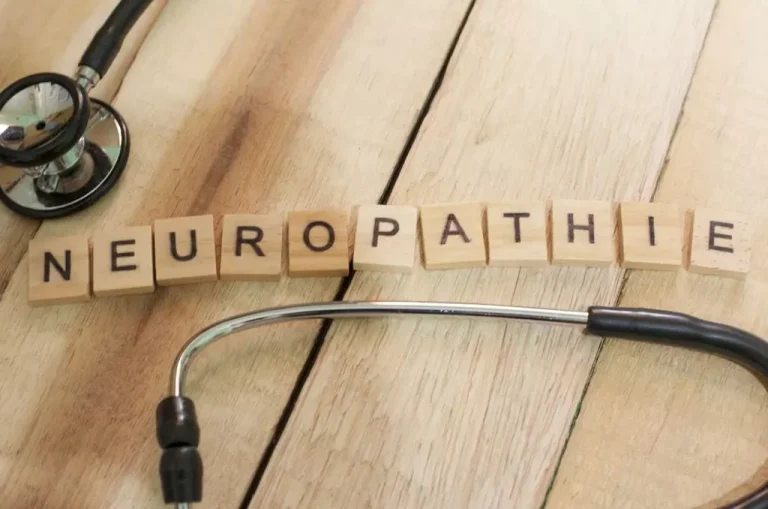Sober living
Long-term consequences of benzodiazepine-induced neurological dysfunction: A survey PMC

The subacute stage occurs after the acute phase, typically within a month to several months post-discontinuation. While the acute symptoms start to diminish, some lingering effects persist. In severe cases, benzo withdrawal can lead to seizures or a condition called delirium tremens, characterized by confusion and hallucinations and, in extreme cases, can be life-threatening.

History and Physical

The use of Ativan for alcohol withdrawal is considered an off-label use. Acute benzodiazepine withdrawal has been described, but literature regarding the benzodiazepine-induced neurological injury that may result in enduring symptoms and life consequences is scant. Entering a medical detox program is often the initial step in managing benzodiazepine withdrawal. This supervised setting, usually within a hospital or specialized treatment facility, provides 24/7 medical care. Trained professionals monitor individuals during the withdrawal process, ensuring safety and comfort.
Ativan for alcohol withdrawal
- GABA functions in your body to slow down nerve signals, which has a calming effect on your nervous system.
- What’s worrying is that these symptoms can be quite severe and different from the reasons why the medication was originally prescribed.
- Symptomatic medications should be offered as required for aches, anxiety and other symptoms.
- Over time, heavy alcohol use causes your brain to become used to alcohol’s depressant effects.
Caution must be taken because haloperidol may decrease the seizure threshold as well as prolong the QT interval. In opioid or benzodiazepine addiction, chronic stimulation of specific receptors for these drugs suppresses endogenous production of neurotransmitters, endorphins severe benzodiazepine withdrawal syndrome or GABA. Removal of the exogenous drug allows unopposed counter-regulatory effects. When the exogenous drug is removed, inadequate production of endogenous transmitters and unopposed stimulation by counter-regulatory transmitters results in withdrawal symptoms.
The benzodiazepine withdrawal syndrome and its management.

Opioids are drugs such as heroin, opium, morphine, codeine and methadone. Opioid withdrawal can be very uncomfortable and difficult for the patient. Though therapy generally can’t address withdrawal symptoms specifically, it can help improve some symptoms, like anxiety and insomnia. If you experience unpleasant withdrawal symptoms during your taper, your care team can help you explore options to address those symptoms and get relief.
If your reasons for quitting benzodiazepines are that you were misusing them or unable to control your use, then you may require further substance use treatment. This is particularly true if you are also giving up other substances, like alcohol or opioids. Your doctor will help make an individualized tapering schedule based on your current dose and particular circumstances. Symptoms will be milder than acute withdrawal and they can disappear for weeks at a time. Benzodiazepine withdrawal can be managed with a gradual dose reduction, which will cause milder symptoms that come and go in waves. Benzodiazepine withdrawal can also lead to disturbances in mental function that persist for several months or years (referred to as Post-acute-withdrawal syndrome in this form).
- Acute stimulant withdrawal is followed by a protracted withdrawal phase of 1-2 months duration, characterised by lethargy, anxiety, unstable emotions, erratic sleep patterns and strong cravings for stimulant drugs.
- These symptoms were often reported as de novo and distinct from the symptoms for which the benzodiazepines were originally prescribed.
- Thus, BIND describes a constellation of functionally limiting neurologic symptoms (both physical and psychological) that are the consequence of neuroadaptation and/or neurotoxicty resulting from benzodiazepine exposure.
- Whether you’ve experienced addiction or are withdrawing after using prescription medication, it can be helpful to find a support group.
- Patients should be monitored regularly (3-4 times daily) for symptoms and complications.
Mild side effects


General PAWS symptoms
- The symptoms tend to develop 2 to 10 days after discontinuation of the agent.
- It is very common for people who complete withdrawal management to relapse to drug use.
- If you’ve had a serious allergic reaction to Ativan, your doctor may recommend taking a different medication instead.
- There is some evidence that lithium carbonate may be an effective medication for cannabis withdrawal management.
Ativan side effects
- In most cases, your doctor will reduce your dosage by 5% to 25% in the first week.
- On exam, the alcoholic withdrawal signs and symptoms may include hyperventilation, tachycardia, tremor, hypertension, diaphoresis, or hypothermia.
